Inventory: Travel / Switzerland
Fantastic voyage
Charting a course well away from the rules and restraints of conventional cruise travel, Geneva-based MSC Group has launched a vessel more akin to a high-end hotel, with five more ships on the horizon.
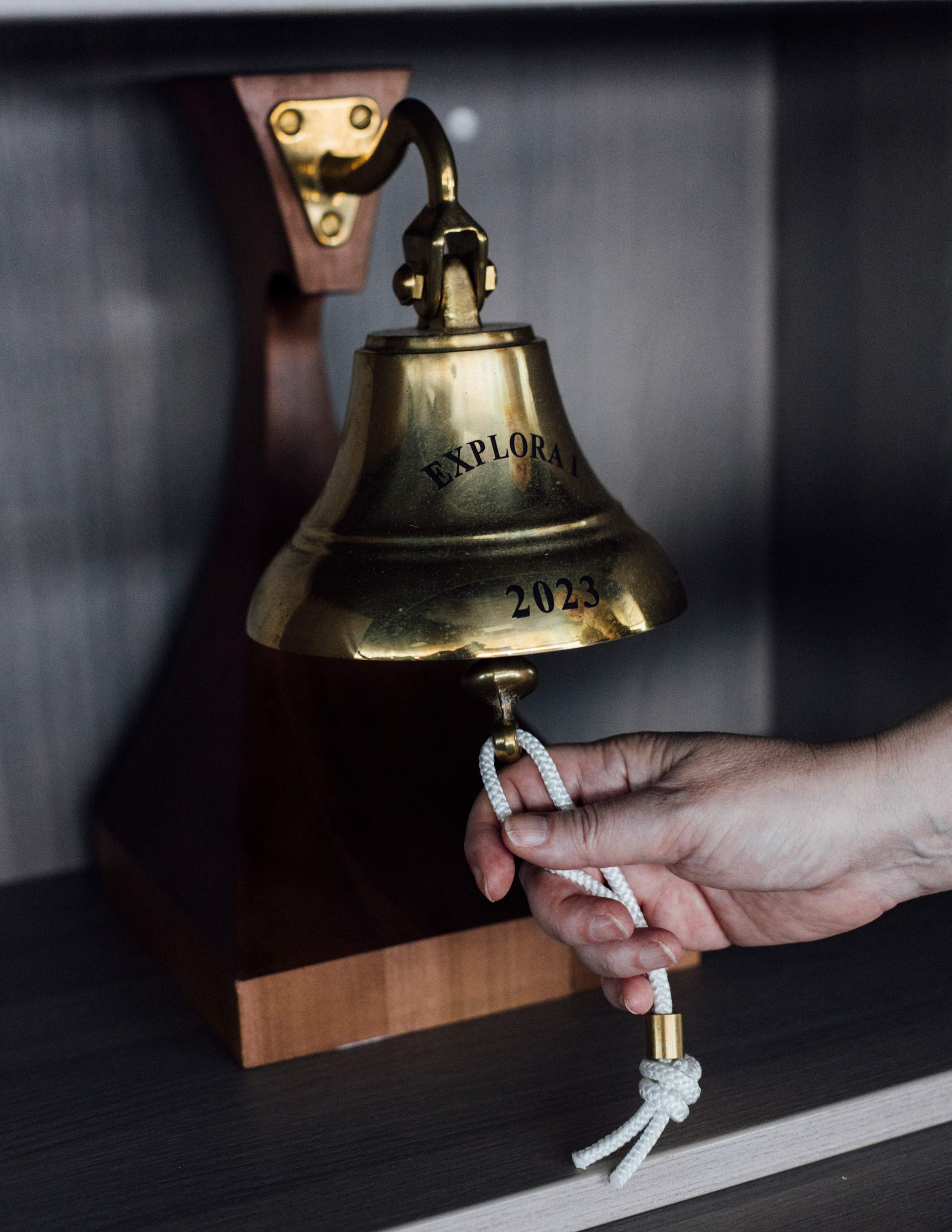
The Explora I is a luxury cruise ship that can accommodate 922 passengers and 737 crew – and keeping all those people fed demands a hefty larder. On board are 550kg of Wagyu beef, three tonnes of lobster, €8,500 worth of saffron, 4,000 bottles of champagne (excluding the rare vintages) and 420,000 eggs for two weeks of sailing. That’s not forgetting the 139 cooks making 350 meals an hour during the peak dinner service.
The keeper of this long ledger is Alban Gjoka, the Italian vice-president of food and beverage at Geneva-based Explora Journeys. It is his job to ensure that there are fresh oysters at any latitude, from Norwegian fjords to Atlantic inlets, on a ship that sails all year. Gjoka meets Monocle over dinner in the Med Yacht Club, one of six restaurants onboard the Explora I. He leans back in his chair after polishing off a dessert of sweet caprese. It’s our second day at sea and we’re halfway from Miami to the Dutch Caribbean island of Aruba. Our “sailaway moment” in Florida happened to the piped-in sounds of Andrea Bocelli. Last night, there was karaoke and a Whitney Houston tribute act, which almost led to a group of faintly inebriated travel agents rushing the stage. Some facets of life onboard resemble a traditional cruise but, in other ways, Explora Journeys is trying to chart a new course.
In January, Monocle spent a few days on Explora I, which started sailing in August 2023 (our sister company Winkreative previously helped to shape its branding). It is the latest venture by the Geneva-based MSC Group, a family firm with a fleet of 23 gargantuan cruise ships. With Explora, MSC is trying to attract a new generation to sea and, in doing so, reframe the cruise experience to feel like a high-end, all-inclusive hotel that can whisk you around the world. This is less a cruise, we’re told, more a journey; the staff are recast as hosts, not crew; we sleep in spacious suites and not cabins.
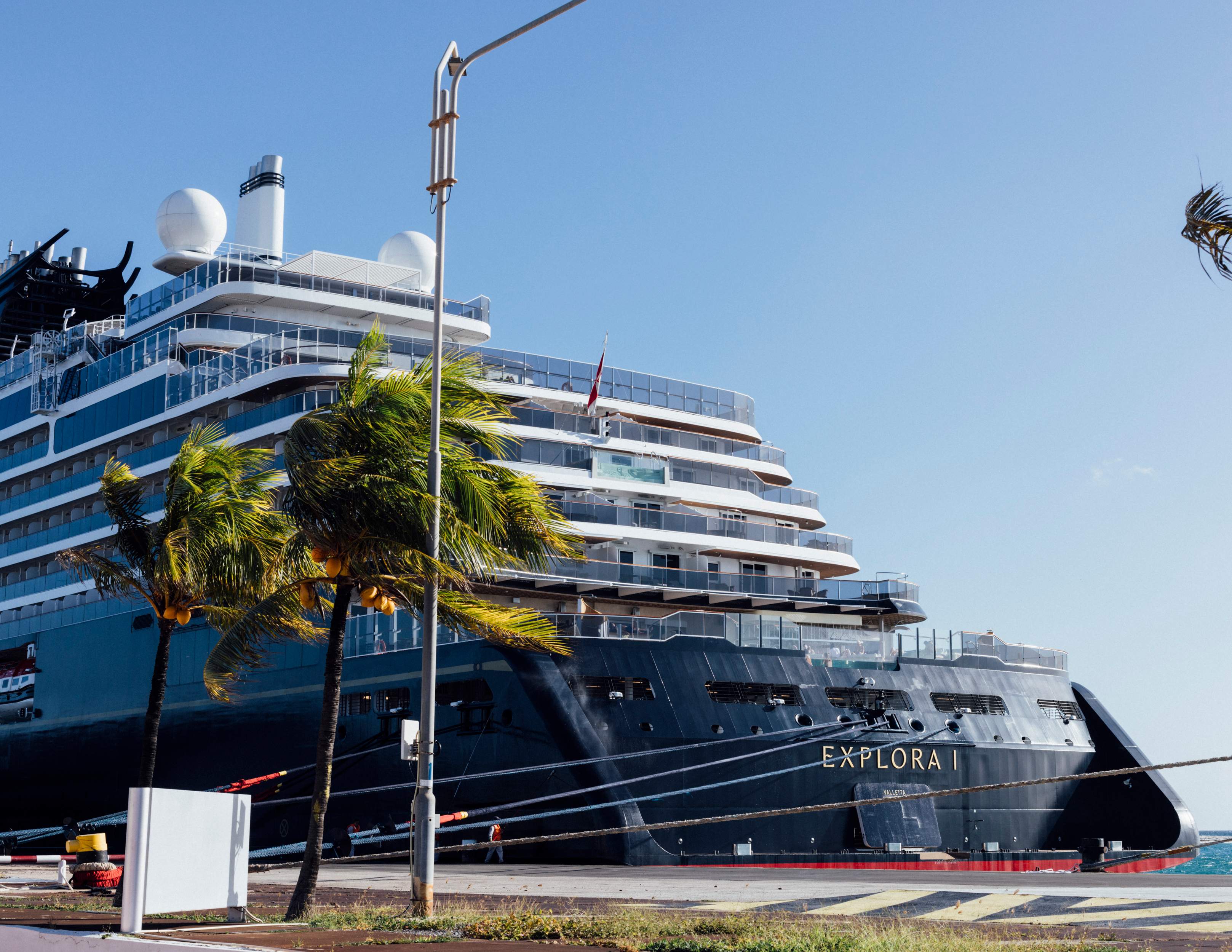
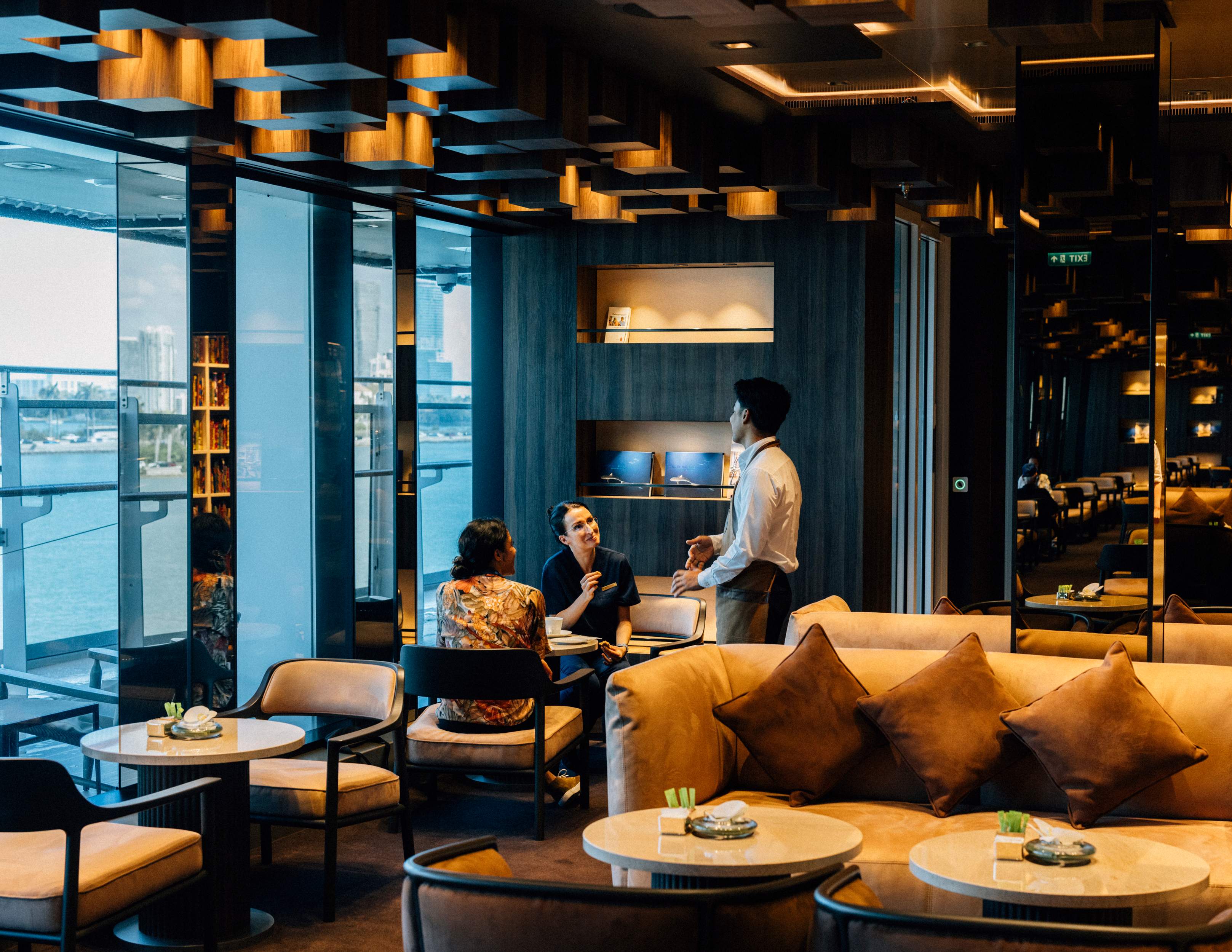
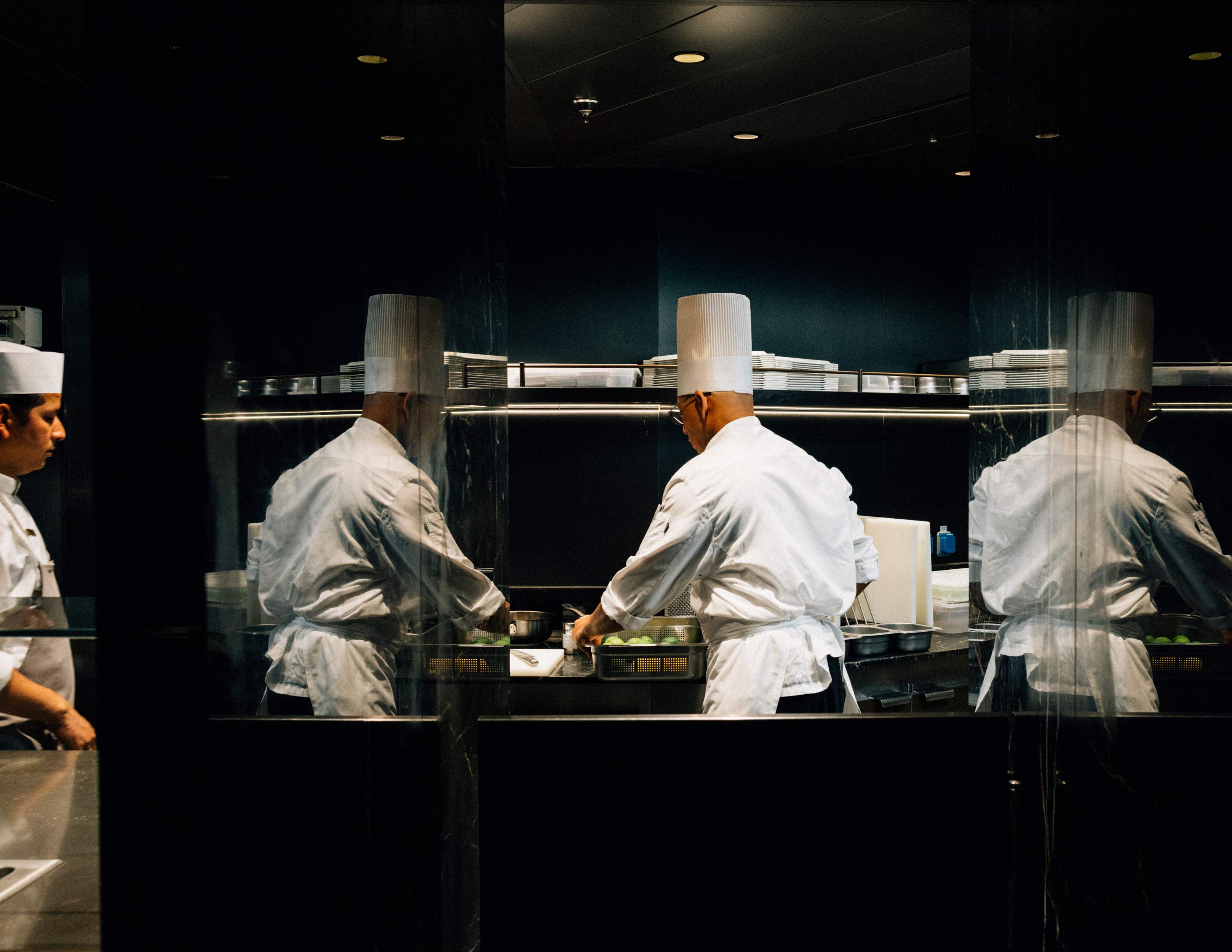
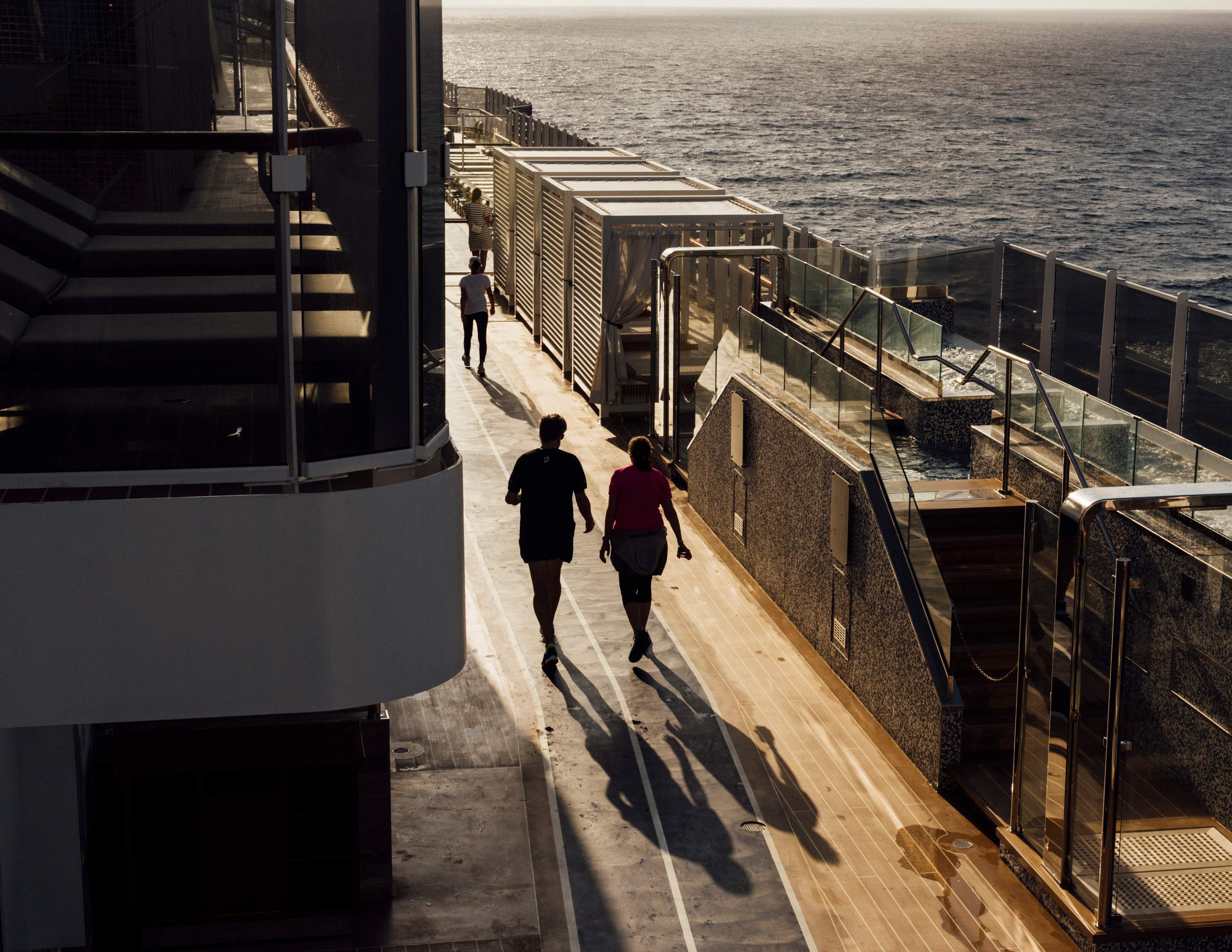
There is a lot of work to be done to change perceptions. Since the 1990s, cruise ships have swelled in size to resemble colossal floating resorts, with waterslides, nightly cabaret and thousands of cabins, all of which would inspire in many travellers – including your correspondent – a sense of dread. Explora I was not this. It’s a big ship, with 14 decks and a casino, yet the experience feels old-school, almost stately, despite the somewhat cruise-y crowd in Hawaiian shirts.
“Don’t talk to me about first seating, second seating for dinner; let me decide when I want to eat,” says Heike Berdos, the German-born general manager,
“Don’t talk to me about first seating, second seating for dinner; let me decide when I want to eat”
referring to the regimen of dining on big cruise ships. There’s no sharing tables with strangers either. “We’re targeting people who travel well but never thought that cruising was for them.”
Over good coffee, we meet Emma Bengtsson, lauded Swedish chef at Aquavit in New York. She has taken over the kitchen of Explora I’s Anthologie restaurant, which invites different chefs to create a menu depending on the ship’s location. “My first thought was that it’s never going to happen,” says Bengtsson. “I’ve seen the big cruise ships and the food quality that comes with them.” Yet she has been able to serve the exact caviar dish she makes back in New York and admires the other onboard restaurants. “The hardest thing for me has been sourcing green tomatoes while at sea.”
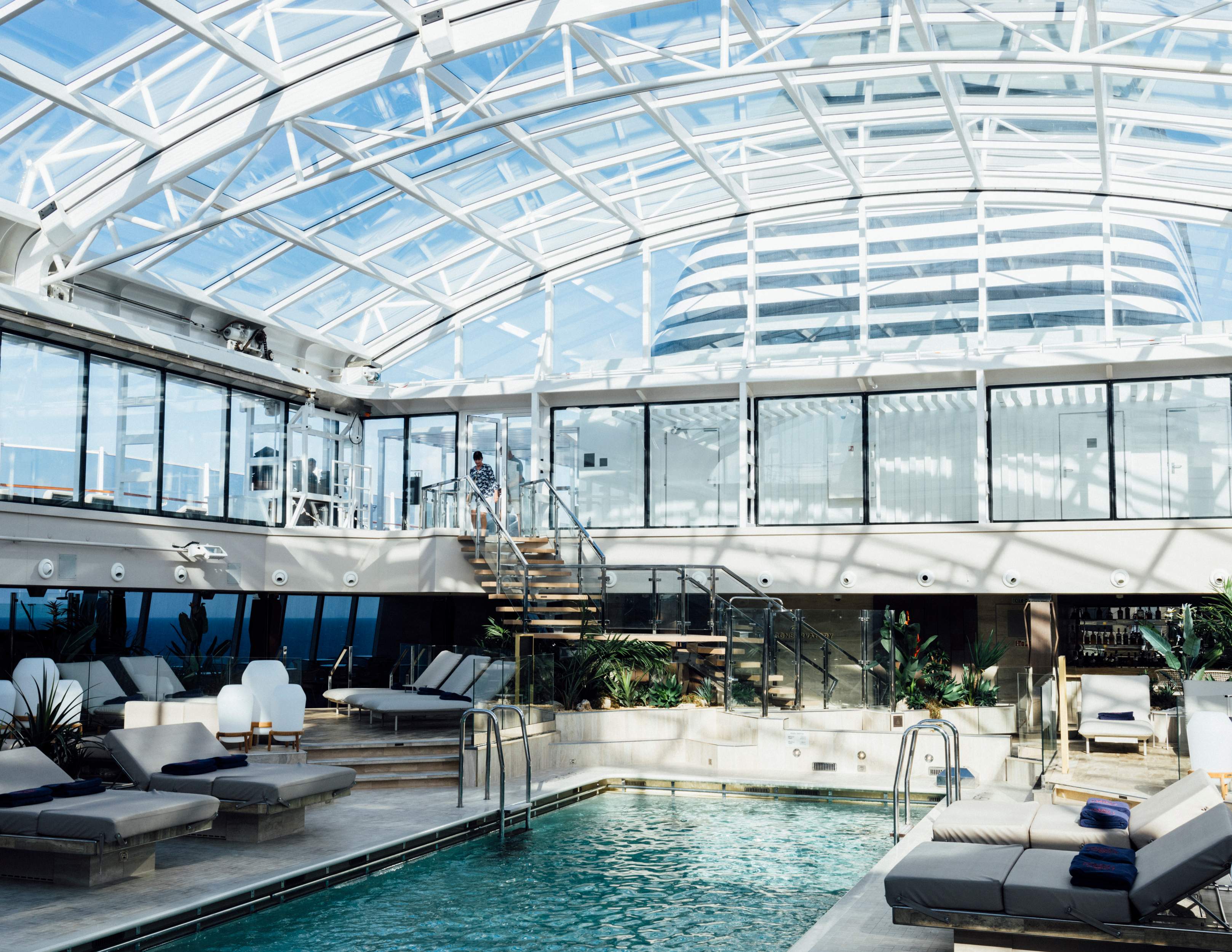
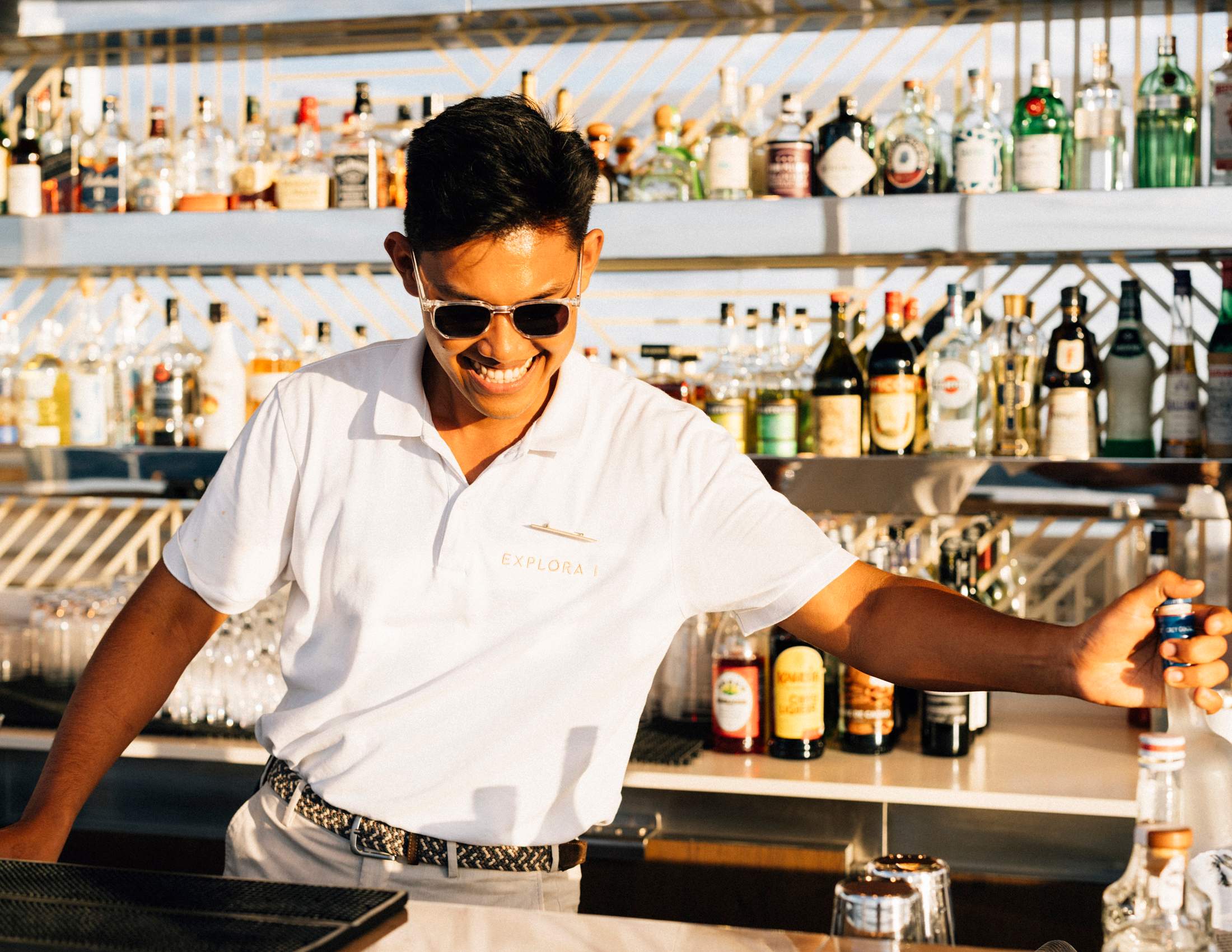
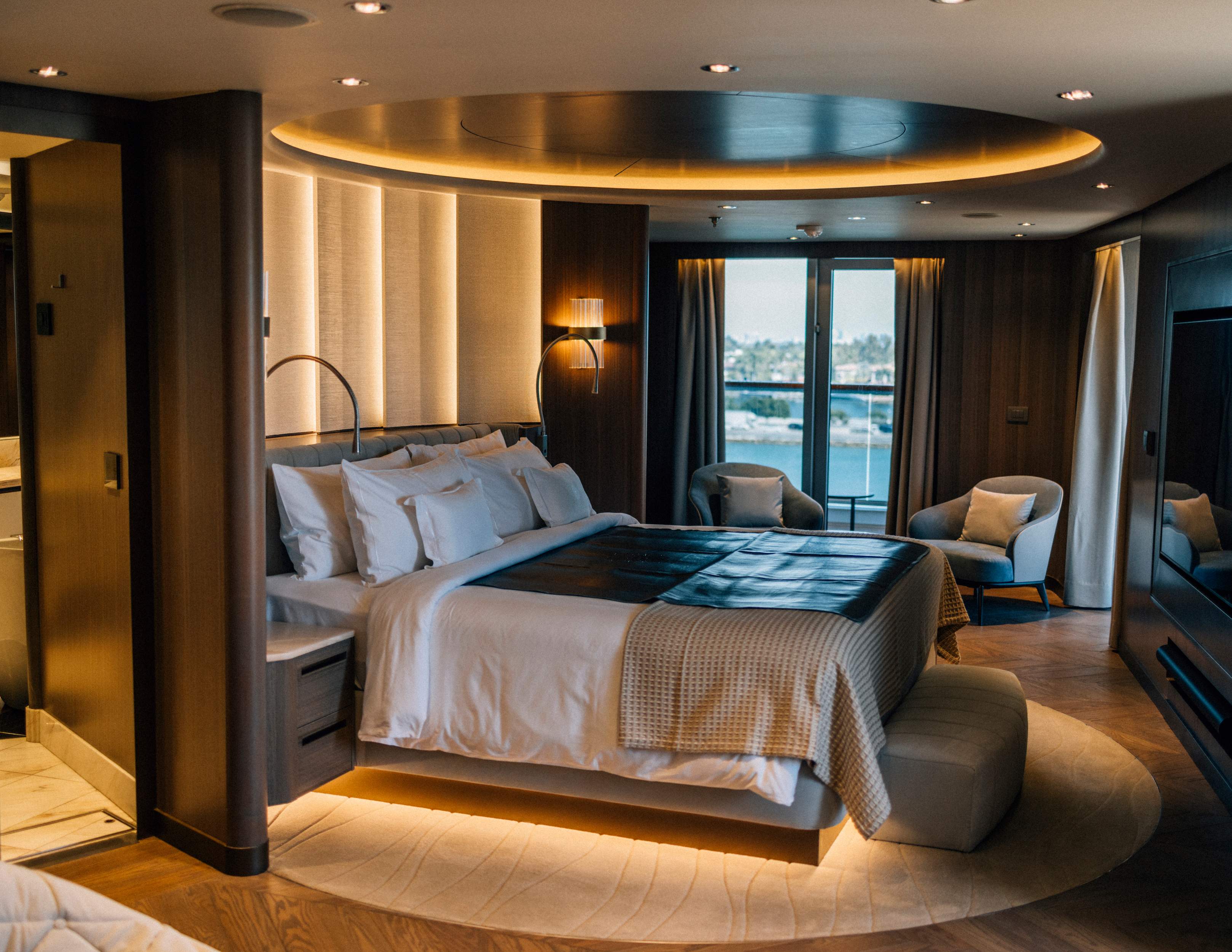
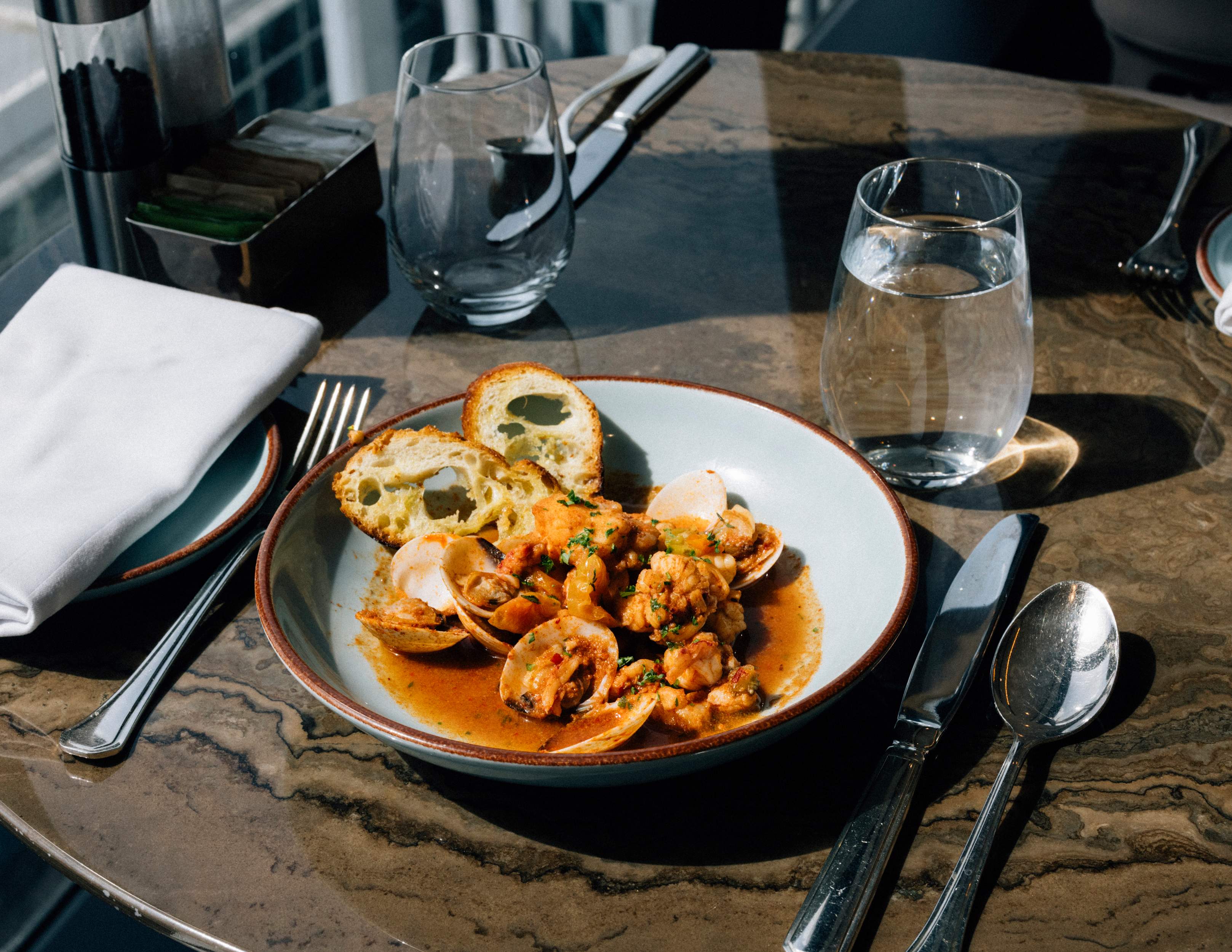
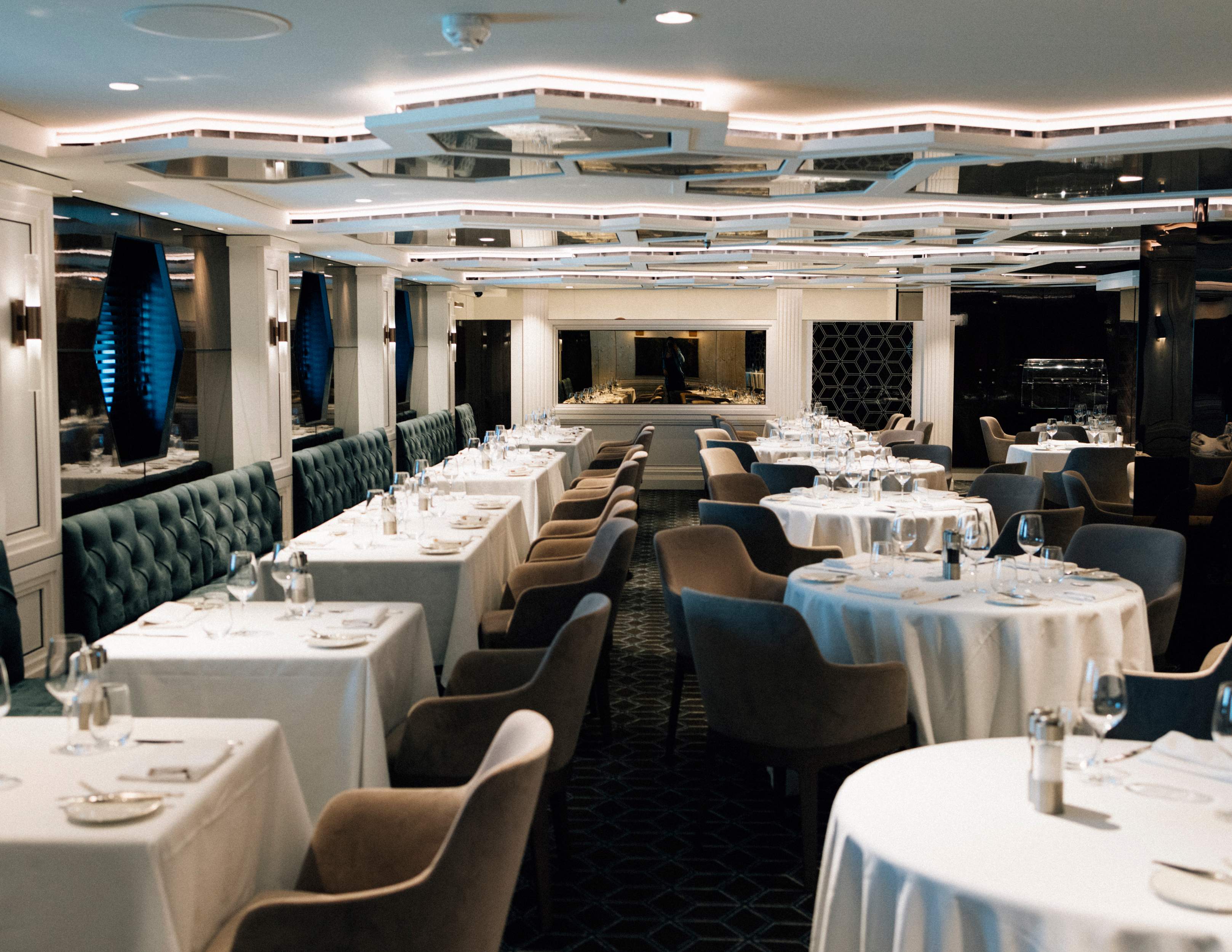
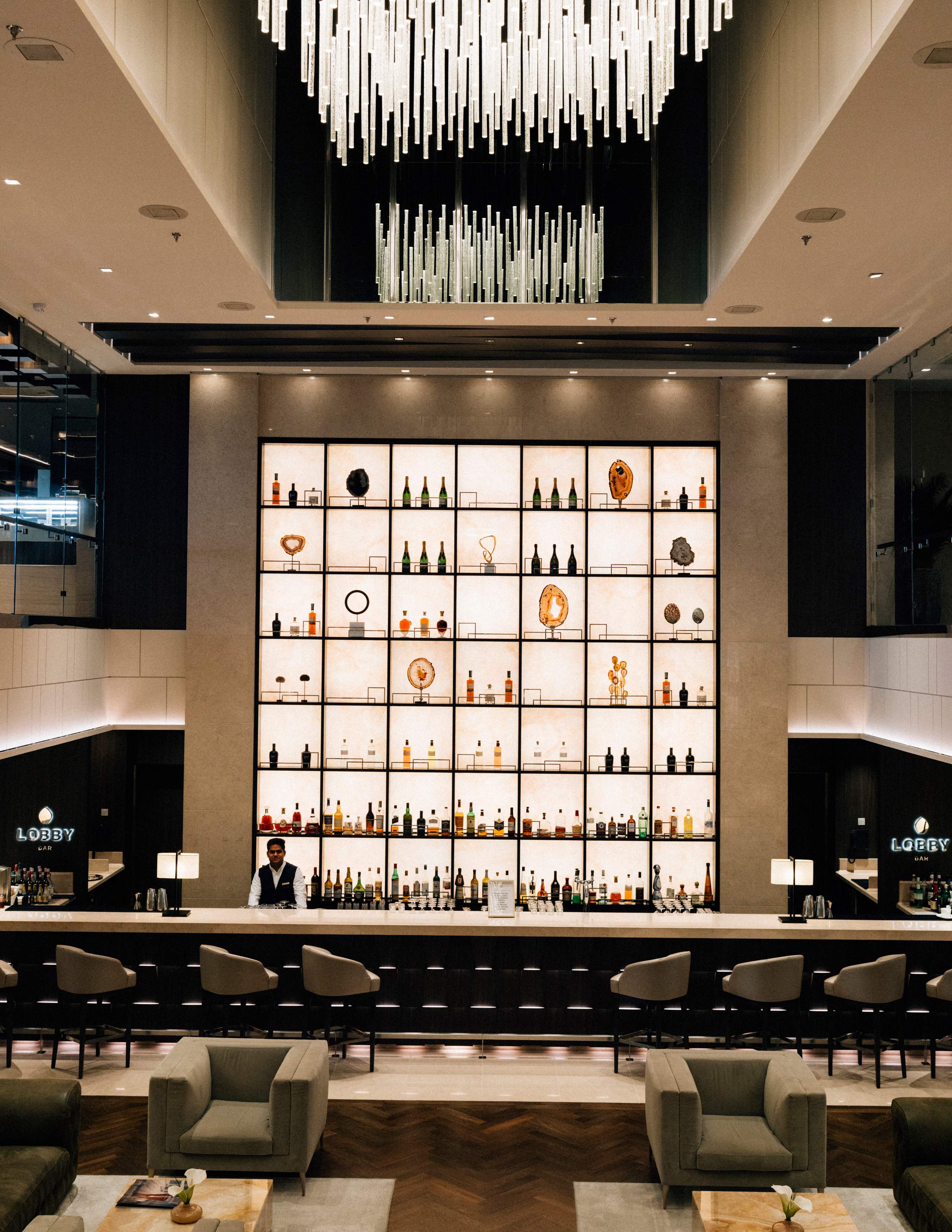
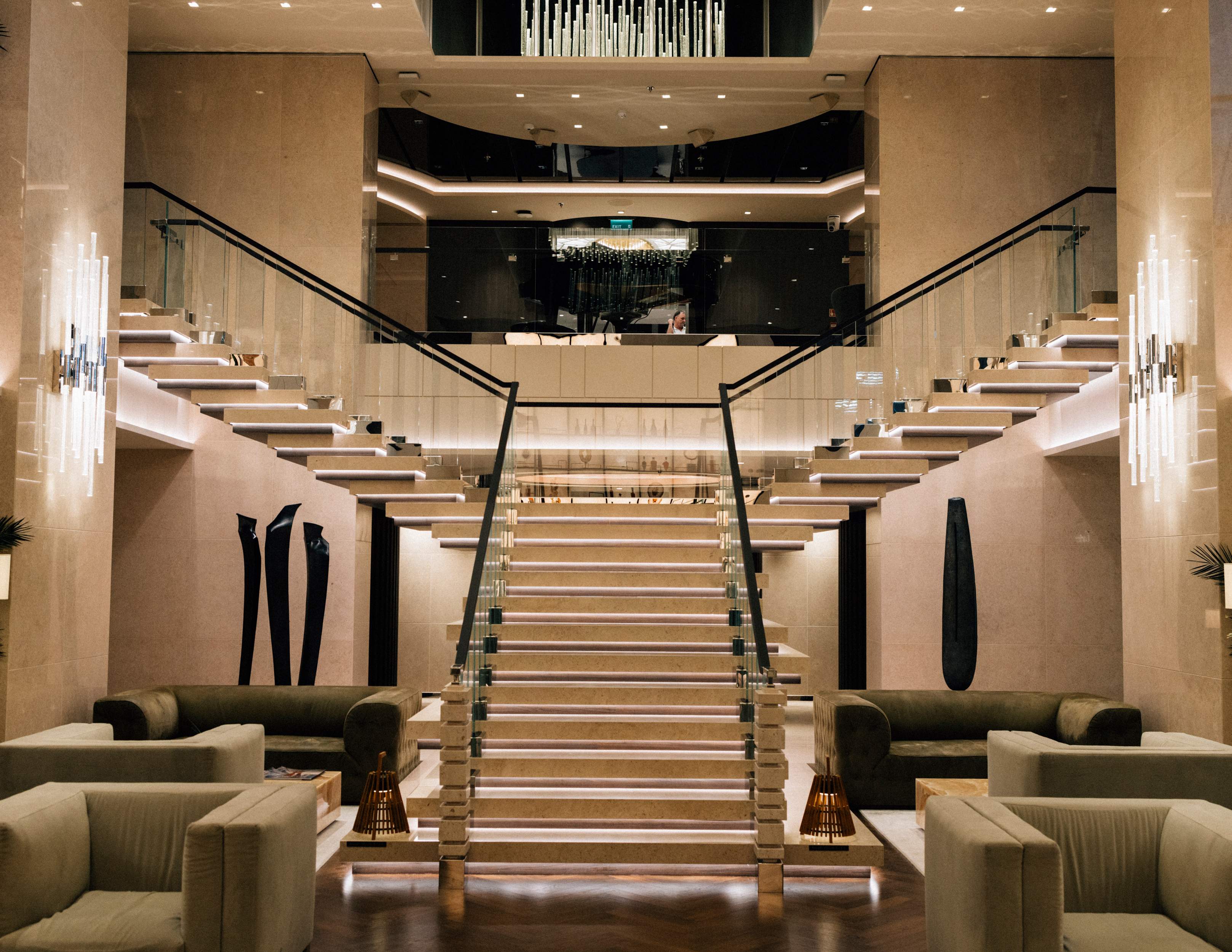
MSC is throwing a lot at this venture. Champagne flows freely, day and night, and there’s an attention to detail, from the fine tableware in the restaurants to the well-fitted cabins (sorry, suites) with his and hers jewellery safes and terraces generous enough for a sunbed. On Monocle’s voyage, there are 1.25 crew members for every passenger. Many were hired new to cruising after working at hotels in the UAE. I Wayan, the Balinese “suite host” assigned to Monocle’s suite, is ever-ready to make bookings, replenish drinks cabinets and deliver sea-legs tablets. The bartenders here remember your preferred tipple.
“We’re targeting people who travel well but never thought that cruising was for them”
Overnight, we chug into Oranjestad in Aruba, a once-quaint harbour that has become a tourist trap thanks to the cruise crowd. There is still a special joy in pulling back the curtains at dawn to find yourself arrived at a brightly coloured town in the tropics.
There are more than 300 cruise ships in operation globally but that doesn’t diminish the élan of sailing for those at the helm. “The bridge is like a church,” says first mate Luca Sanna, of the reverential silence of the control room. As well as technical instruments monitoring our position in port, there are religious icons on the walls and a bowl of salt, garlic and chilli to drive away bad spirits (a Neapolitan tradition). It’s still forbidden to whistle on the bridge because it supposedly calls up the winds.
“I always say to our crew that this is not a floating luxury hotel, it’s a ship,” says Captain Serena Melani, who sailed Explora I out of the shipyard. This means safety is the top priority but it’s also a maritime spirit that runs through the culture onboard. “In my experience, guests come back not because the ship they were on was beautiful but because of the crew,” she says. “There must be a human connection.” —
What’s on the horizon?

Explora wants to catch the wind of what is currently the fastest-growing tourism sector. Cruising is expected to be worth €14.6bn in revenue this year and a luxury take has been late to the game. Ritz-Carlton debuted a small ship in 2022 and a Four Seasons yacht is currently being built in the shipyard. Explora II sets sail this summer and there’s a plan to have four more identical ships sailing by 2028.


